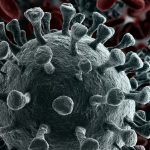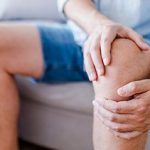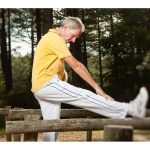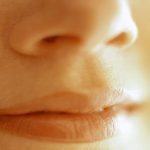
Previous exposure to other coronaviruses may enhance a person’s immune response to COVID-19 infection, but new research suggests that antibodies triggered by the SARS outbreak of 2003 provide only limited protection against the new coronavirus. Antibodies are blood proteins made by the immune system to protect against infection, the Oregon Health & Science University (OHSU) researchers explained. “Our finding has some important implications concerning immunity toward different strains of coronavirus infections, especially as these viruses continue to mutate,” said senior study author Fikadu Tafesse. He’s an assistant professor of molecular microbiology and immunology at OHSU School of Medicine, in Portland. Mutations occur quickly — about one to two per month — so it’s not surprising that an antibody generated from a virus 18 years ago (such as severe acute respiratory syndrome, also known as SARS) provides little defense against the new coronavirus (SARS-CoV-2), the study authors said. The findings suggest that more research is needed to assess how long COVID-19 vaccines are effective, Tafesse noted. “I don’t think there is any one-size-fits-all vaccine, although the vaccines coming out now may break the momentum of the virus and end the pandemic, they may not be the end game,” Tafesse explained in a university news release. Study lead author Timothy Bates, a fourth-year molecular microbiology and immunology graduate student at OHSU, said the findings weren’t that worrisome.… read on > read on >

















